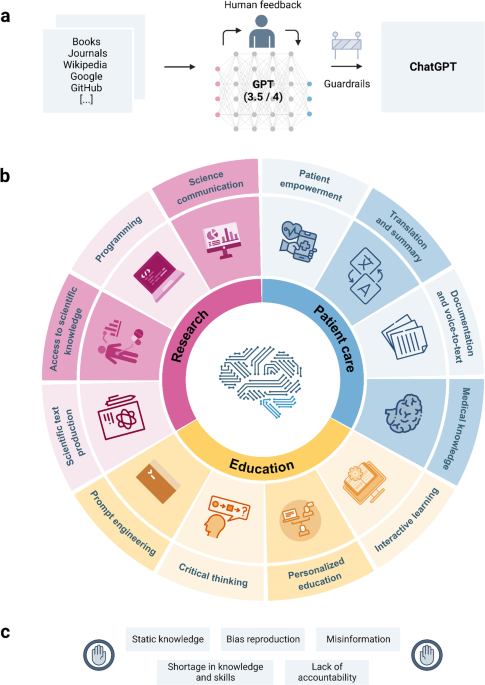Facebook owner Meta seeks to train AI model on European data as it ...
Meta, the parent company of popular social media platforms like Facebook, Instagram, and WhatsApp, has announced its plans to leverage user data from privacy-conscious Europe to enhance its artificial intelligence (AI) models. This move comes amidst growing competition from tech giants like OpenAI and Google.

Challenges with Data Protection
Meta identified the need to incorporate the "languages, geography, and cultural references" of its European user base into its AI systems. However, the company faces hurdles due to the strict data privacy regulations enforced by the European Union. These laws grant individuals authority over the usage of their personal data, posing a challenge for Meta's AI training initiatives.
Importance of Training AI Models on European Data
AI language models like Llama rely on extensive datasets to enhance their predictive capabilities within text processing tasks. By training on European data, Meta aims to ensure that its AI features understand regional languages, cultures, and trending topics prevalent on social media platforms.

Stefano Fratta, the global engagement director of Meta's privacy policy, emphasized the significance of incorporating Europe's diverse cultural and historical contributions into AI models. He highlighted that omitting European data from training sets could result in AI systems that inadequately represent the European user base.
Respecting User Privacy
To address privacy concerns, Meta assured that it would not utilize private messages or content from European users under the age of 18 for AI training purposes. The company has also proactively informed European users about its AI training plans through notifications and emails, offering them the option to opt out via an online form.




















